Forgiving Prince Andrew: can the country ever move on?
Justin Welby back-pedalled after his call for forgiveness sparked an angry backlash
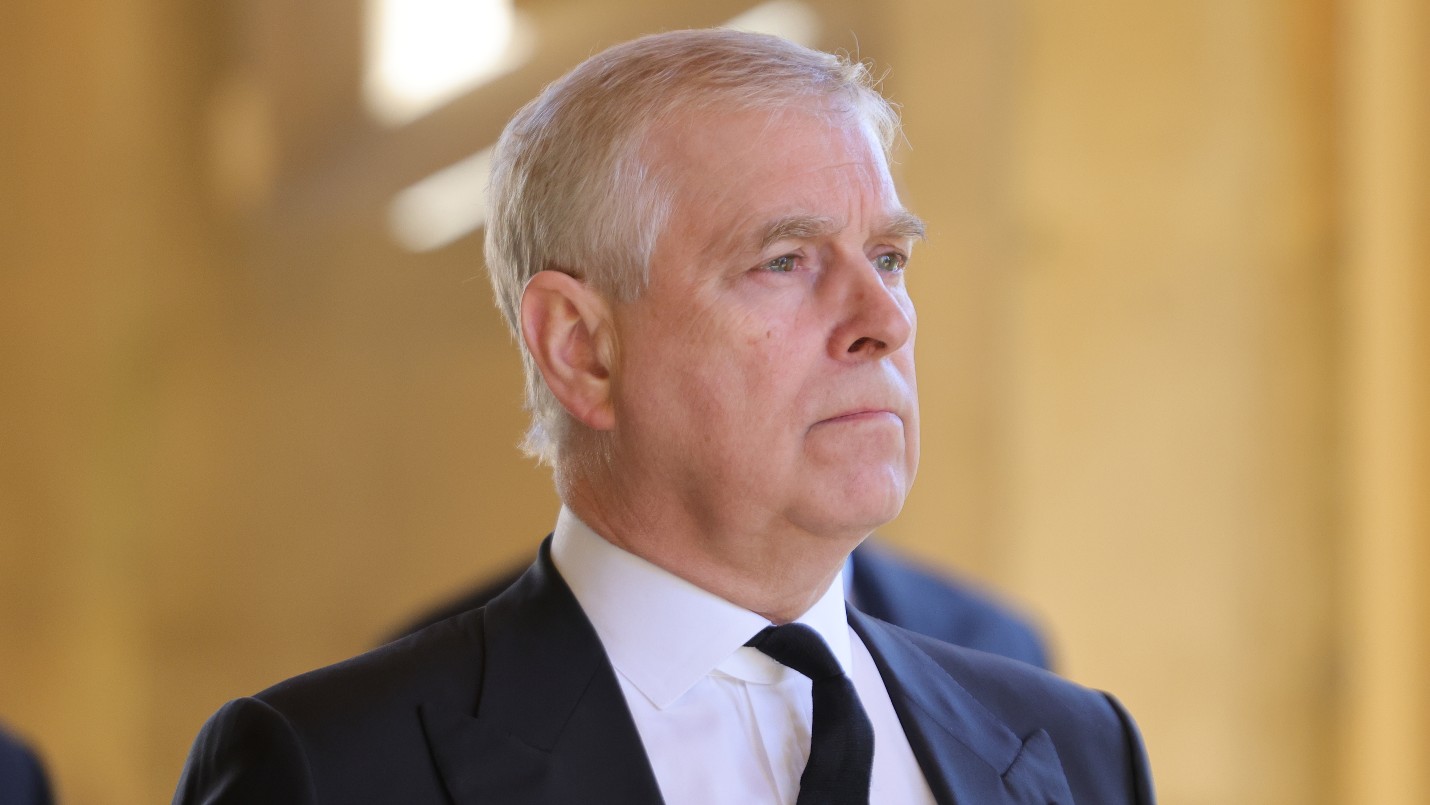
A free daily email with the biggest news stories of the day – and the best features from TheWeek.com
You are now subscribed
Your newsletter sign-up was successful
The Archbishop of Canterbury has distanced himself from remarks in which he appeared to suggest the country should forgive Prince Andrew.
During an interview with ITV News last night, Justin Welby was asked about the Duke of York, who paid an undisclosed sum as a settlement to Virginia Giuffre, who had accused him of sexual assault, allegations that Prince Andrew has repeatedly denied.
“I think we have become a very, very unforgiving society,” said the Archbishop. “There’s a difference between consequences and forgiveness.
The Week
Escape your echo chamber. Get the facts behind the news, plus analysis from multiple perspectives.

Sign up for The Week's Free Newsletters
From our morning news briefing to a weekly Good News Newsletter, get the best of The Week delivered directly to your inbox.
From our morning news briefing to a weekly Good News Newsletter, get the best of The Week delivered directly to your inbox.
“Now with Prince Andrew, I think we all have to step back a bit. He’s seeking to make amends and I think that’s a very good thing.”
However, a spokesman for Welby said this morning that “the archbishop was not referring specifically to Prince Andrew when he said we must become a more forgiving society,” reported The Times.
A fresh statement from Welby said he was making a “broader point” that he hopes “we can become a more forgiving society,” but he conceded that “these are complex issues that are difficult to address in a short media interview”.
Nevertheless, Welby’s statements have re-opened the question of whether the British public can ever take Andrew, who has denied any wrongdoing, back into their hearts.
A free daily email with the biggest news stories of the day – and the best features from TheWeek.com
‘Most disliked’ royal
In March, Andrew came at the bottom of the Ipsos popularity rankings of the royals with just 2% choosing him as their favourite member of the Royal Family.
Then this week, as the nation prepared to celebrate 70 years of Queen Elizabeth II on the throne, new YouGov royal favourability data showed that Andrew remains the most disliked royal with a net score of -80. Just 5% of the public see him positively, while 85% view him negatively.
Andrew ‘de-royaled’
When the Queen chose Prince Andrew to accompany her down the aisle at Westminster Abbey for Prince Philip's Service of Thanksgiving in March, it provoked plenty of disapproval.
Writing for Unherd, Rector Giles Fraser said even the colourful condemnations on social media “expressed what many might nonetheless feel: that such is the nature of Andrew’s extensive failures as a human being, he should have been locked away in a royal basement, not paraded before the country”.
Jonathan Aitken, the former Conservative cabinet minister who was jailed in 1999 after being accused of perjury and perverting the course of justice, said of Andrew “my advice to him would be, do not despair” because “there are second chances” and “he needs a quiet way of finding them.”
Speaking to The Telegraph in February, he added that “Prince Andrew should prepare himself for a long wait for the national mood to soften” but “it probably will” because “the British public in its own time is more forgiving”.
However, Robert Lacey, a royal historian, told The Guardian that Andrew “has been de-royaled” and “he has now got to live a private life, and any suggestion he could return to public life is delusional.”
Seeking to make amends
The British public is likely to want evidence that Andrew is “seeking to make amends”, said Piers Morgan in The Sun. If “forgiveness is accepting that someone made a mistake, we need to know what Prince Andrew thinks his mistake was,” continued Morgan.
“All we’ve seen from Prince Andrew is ‘I’m going to clear my name,’ followed by ‘I’m writing a fat cheque to avoid going to court,’” wrote the columnist. “That's not acceptance or repentance, and Andrew – I'm sorry – I think the public might find the forgiveness part quite difficult without you keeping your half of the deal,” he added.
Writing on Twitter today, the author and activist Dr Shola Mos-Shogbamimu went further. “If Prince Andrew wants to be forgiven (for what?) he should’ve gone through a trial to prove his innocence,” she wrote.
It seems that Twitter is “absolutely fuming” as Andrew takes “his first tentative steps back into the spotlight” during the Jubilee week, reported The List. However, it is still unclear how many Jubilee events Andrew will in fact attend, noted The Independent.
-
 Local elections 2026: where are they and who is expected to win?
Local elections 2026: where are they and who is expected to win?The Explainer Labour is braced for heavy losses and U-turn on postponing some council elections hasn’t helped the party’s prospects
-
 6 of the world’s most accessible destinations
6 of the world’s most accessible destinationsThe Week Recommends Experience all of Berlin, Singapore and Sydney
-
 How the FCC’s ‘equal time’ rule works
How the FCC’s ‘equal time’ rule worksIn the Spotlight The law is at the heart of the Colbert-CBS conflict
-
 Will Beatrice and Eugenie be dragged into the Epstein scandal?
Will Beatrice and Eugenie be dragged into the Epstein scandal?Talking Point The latest slew of embarrassing emails from Fergie to the notorious sex offender have put her daughters in a deeply uncomfortable position
-
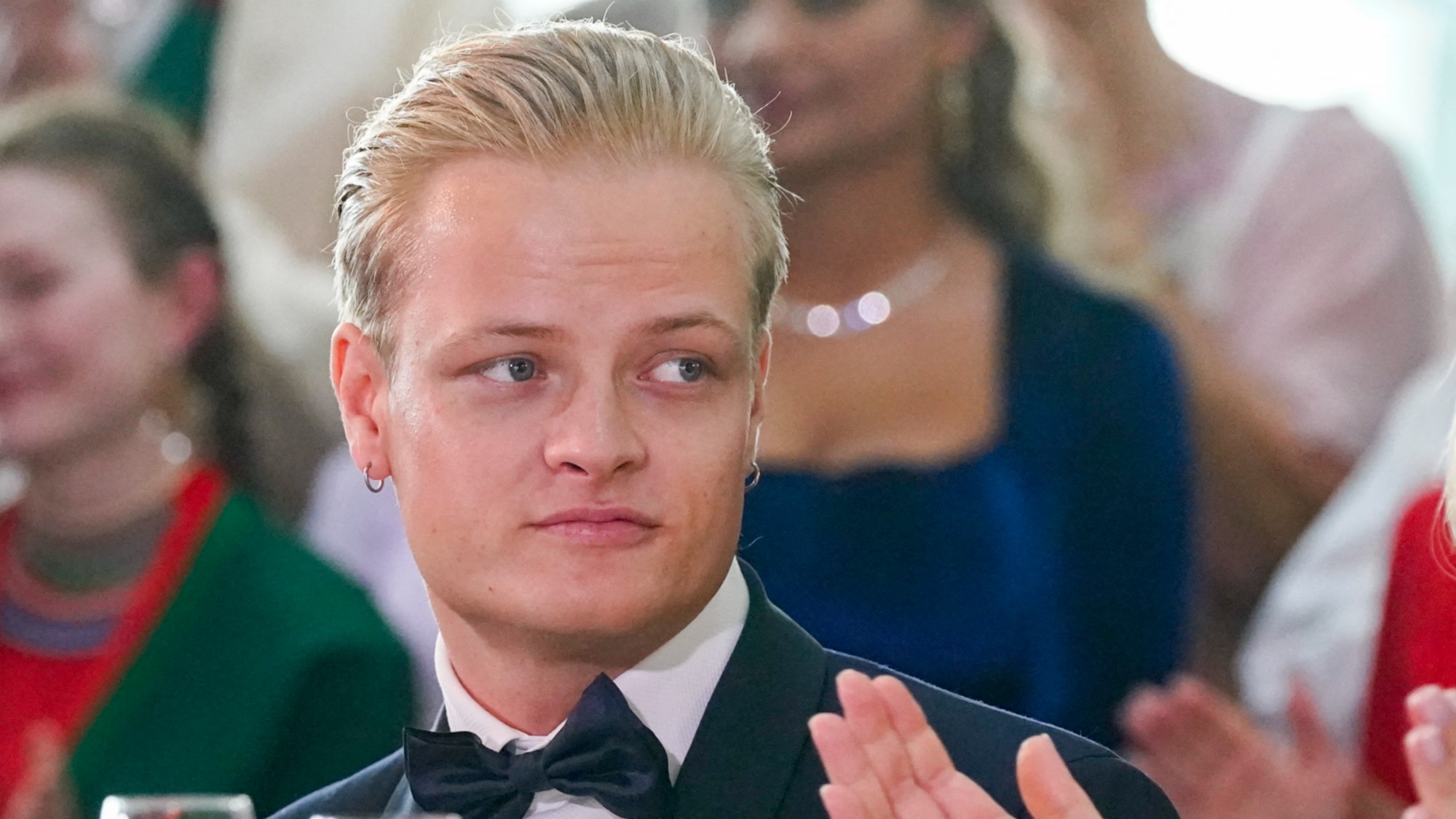 Norway’s scandal-hit royals
Norway’s scandal-hit royalsIn the Spotlight Rape trial of Marius Borg Høiby, son of the crown princess, adds to royal family's ‘already considerable woes’
-
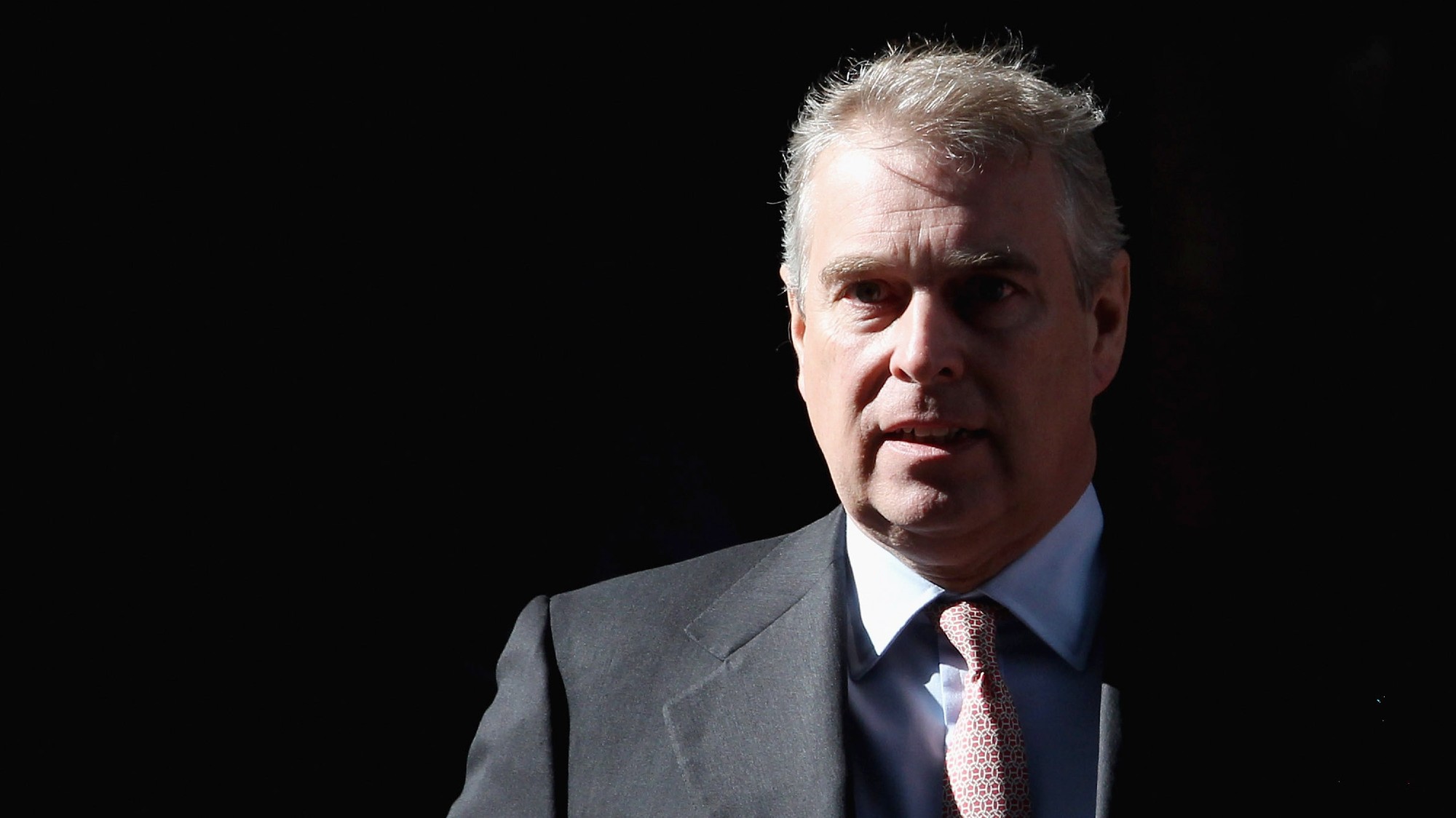 Prince Andrew: a timeline of disgraced royal’s Epstein scandal
Prince Andrew: a timeline of disgraced royal’s Epstein scandalIn Depth How the Queen’s favourite child went from Falklands War hero to public pariah
-
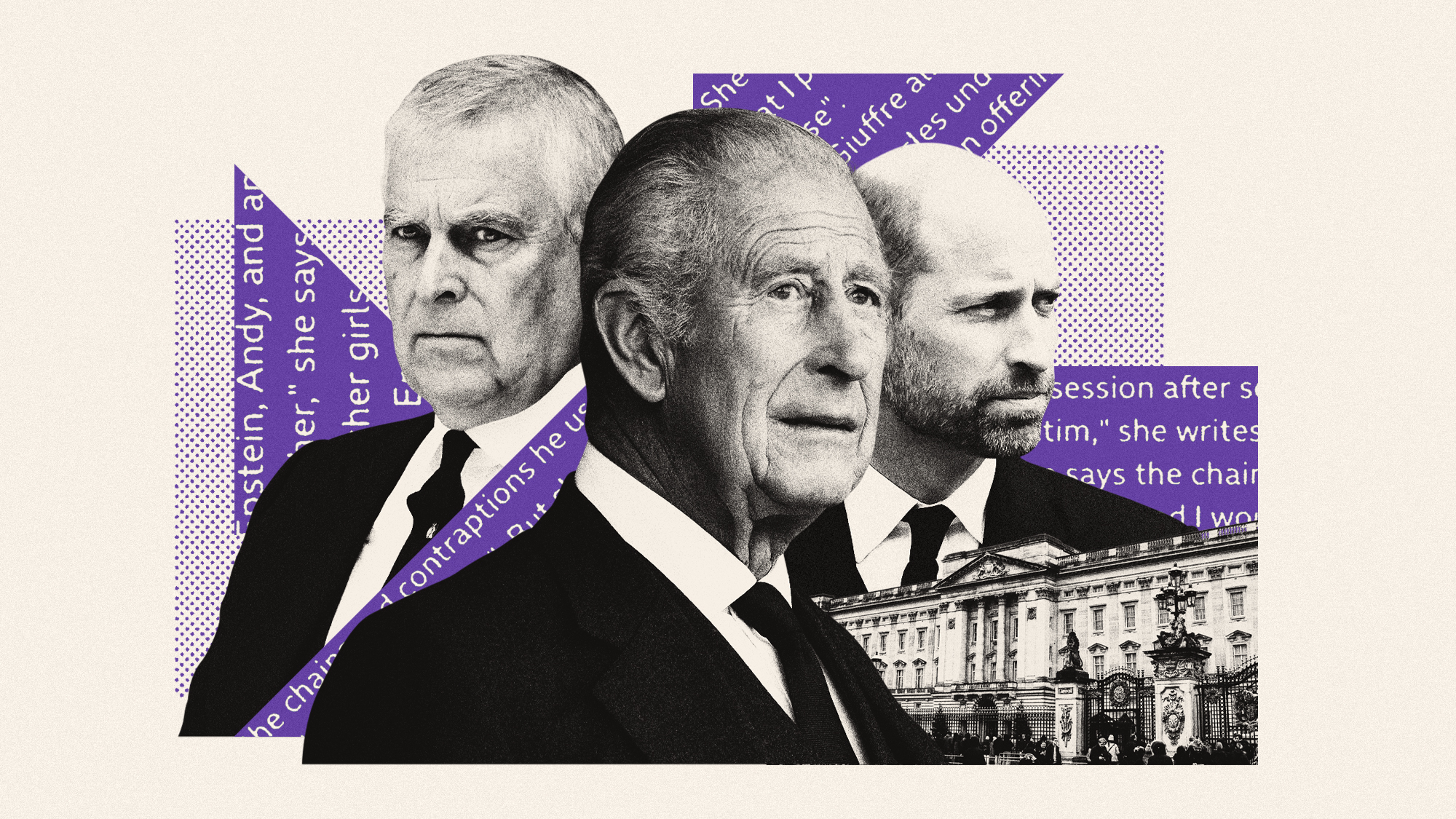 Prince Andrew: is the royal family doing enough?
Prince Andrew: is the royal family doing enough?Today’s Big Question King Charles faces calls for tougher action against Andrew after latest allegations about Virginia Giuffre and Jeffrey Epstein
-
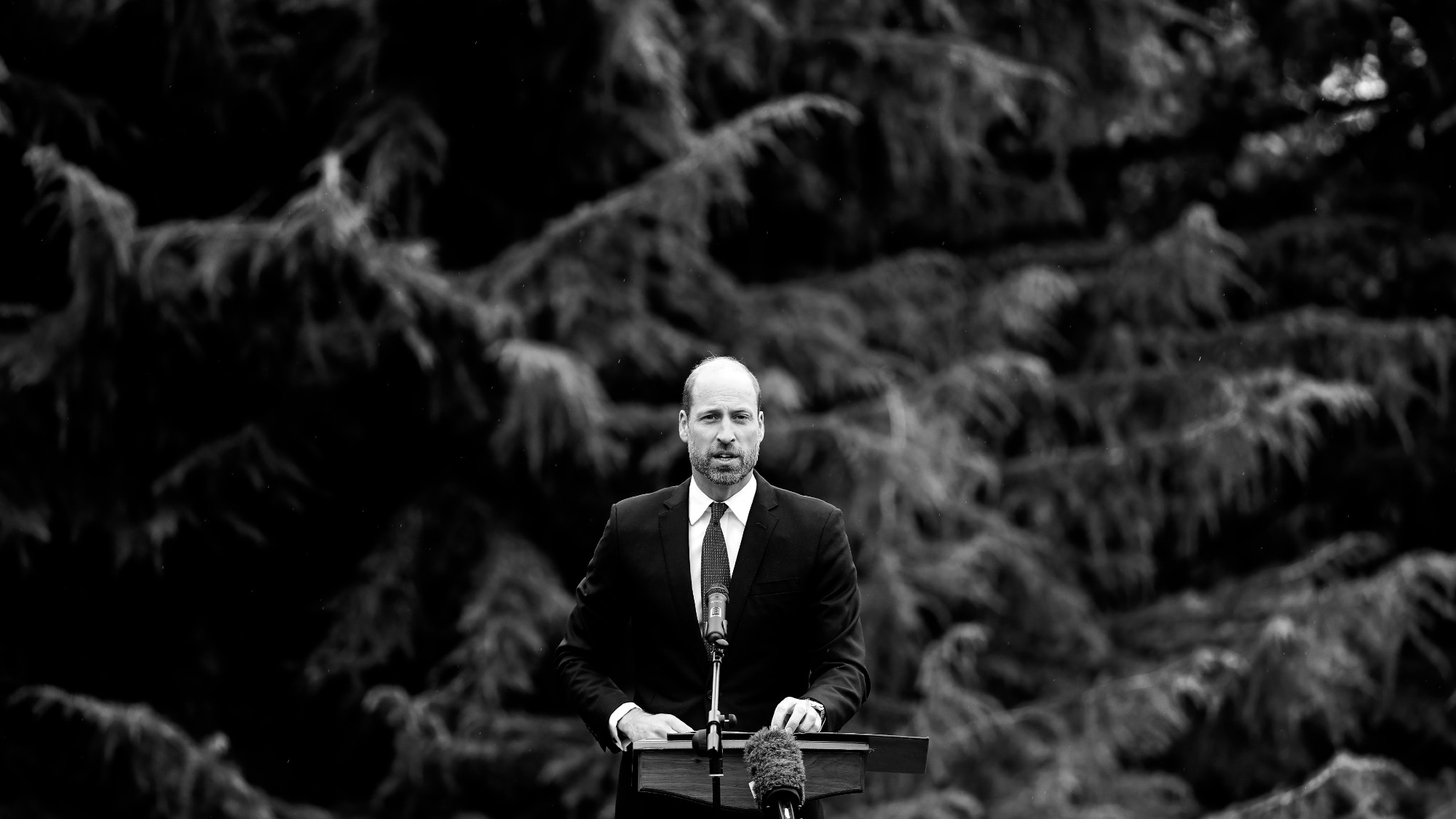 What will William be like as king?
What will William be like as king?Today's Big Question Prince of Wales said he won’t be ‘restricted’ by history when he takes the throne
-
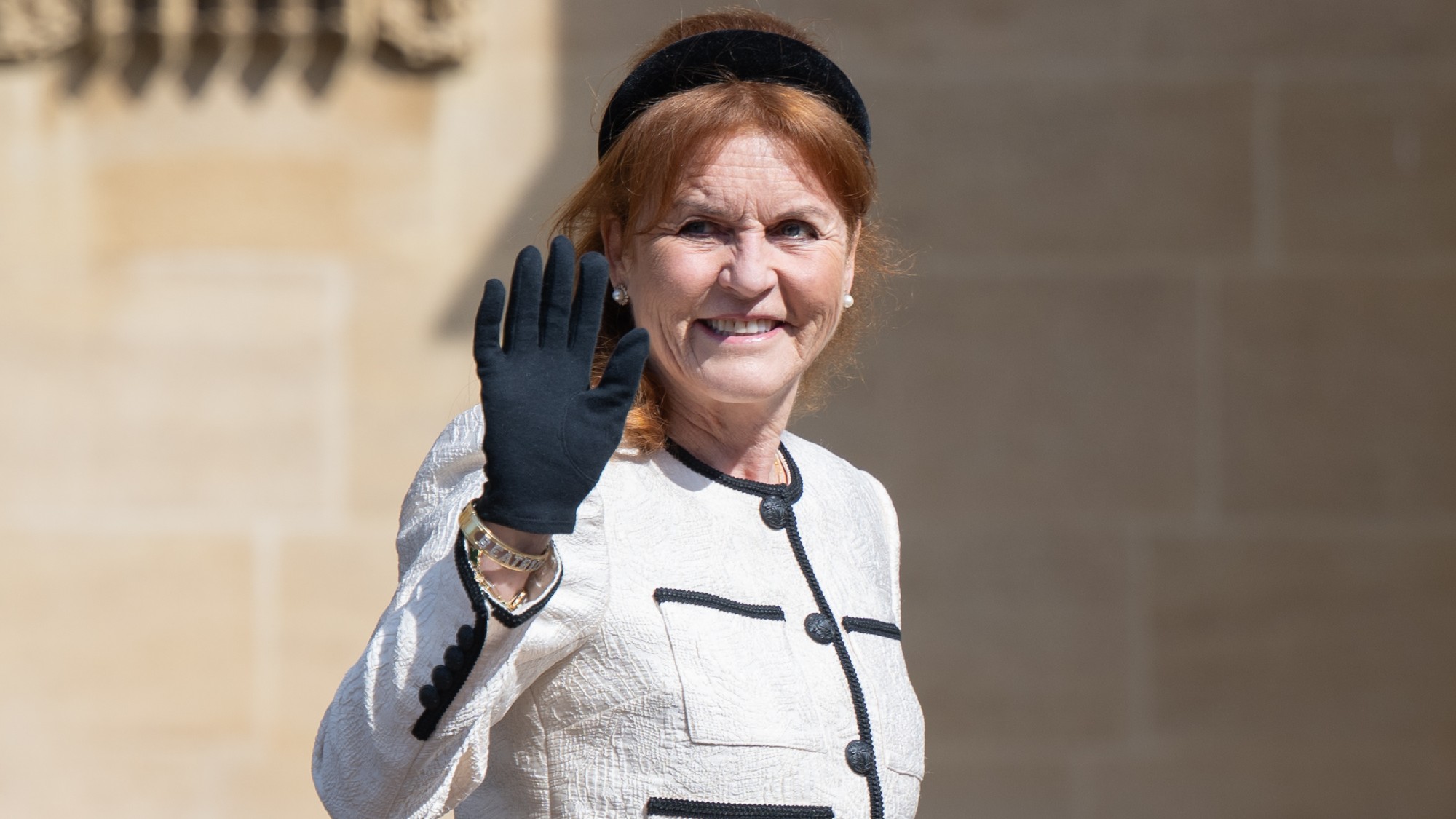 Sarah Ferguson: a reputation in tatters
Sarah Ferguson: a reputation in tattersIn the Spotlight After emails surfaced revealing ties to Jeffrey Epstein, weeks after she claimed to cut contact, her charities are running for the hills
-
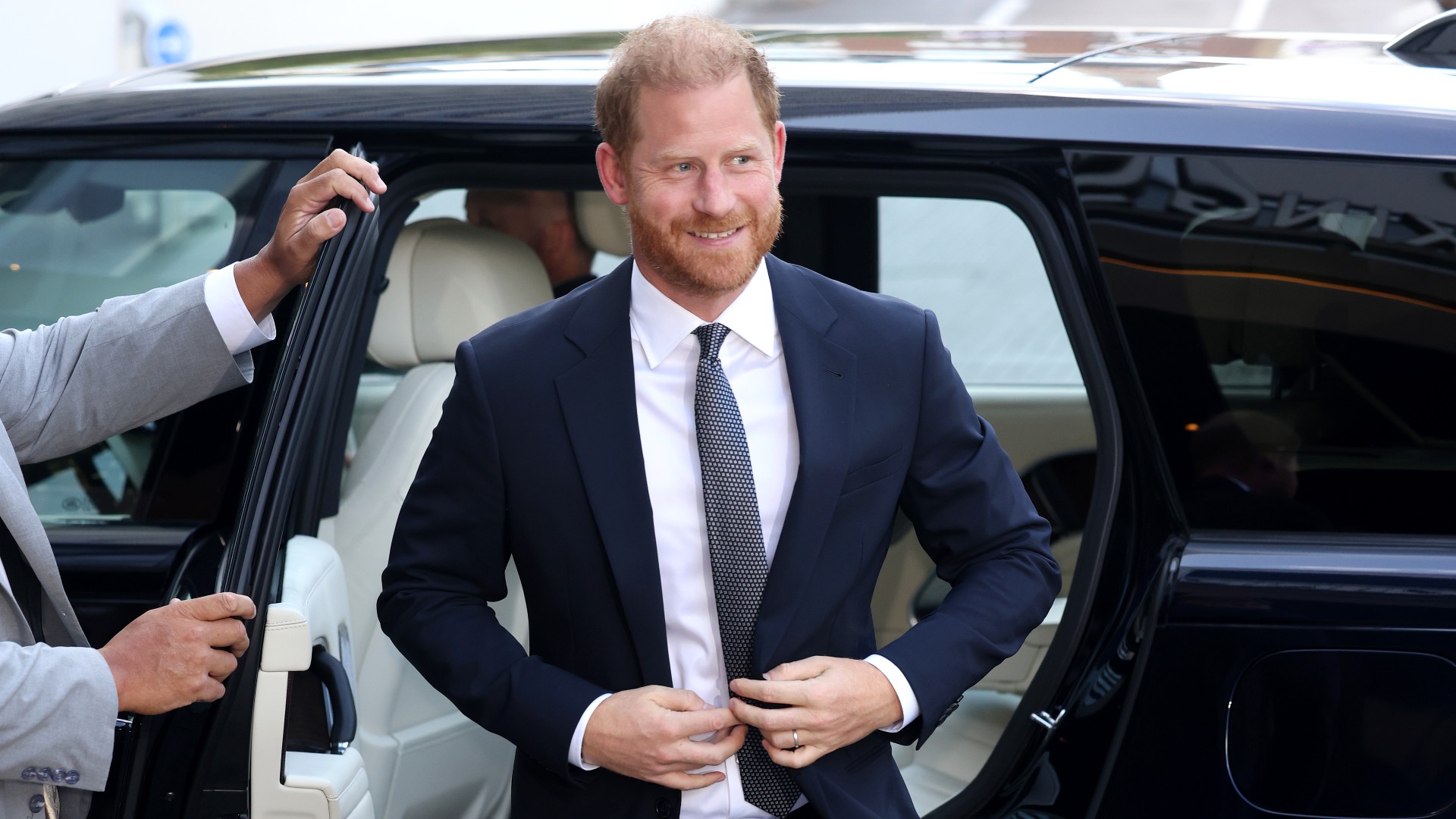 Prince charming: Harry’s tea with King sparks royal reconciliation rumours
Prince charming: Harry’s tea with King sparks royal reconciliation rumoursTalking Point Are the royals – and the UK public – ready to welcome the Duke of Sussex back in?
-
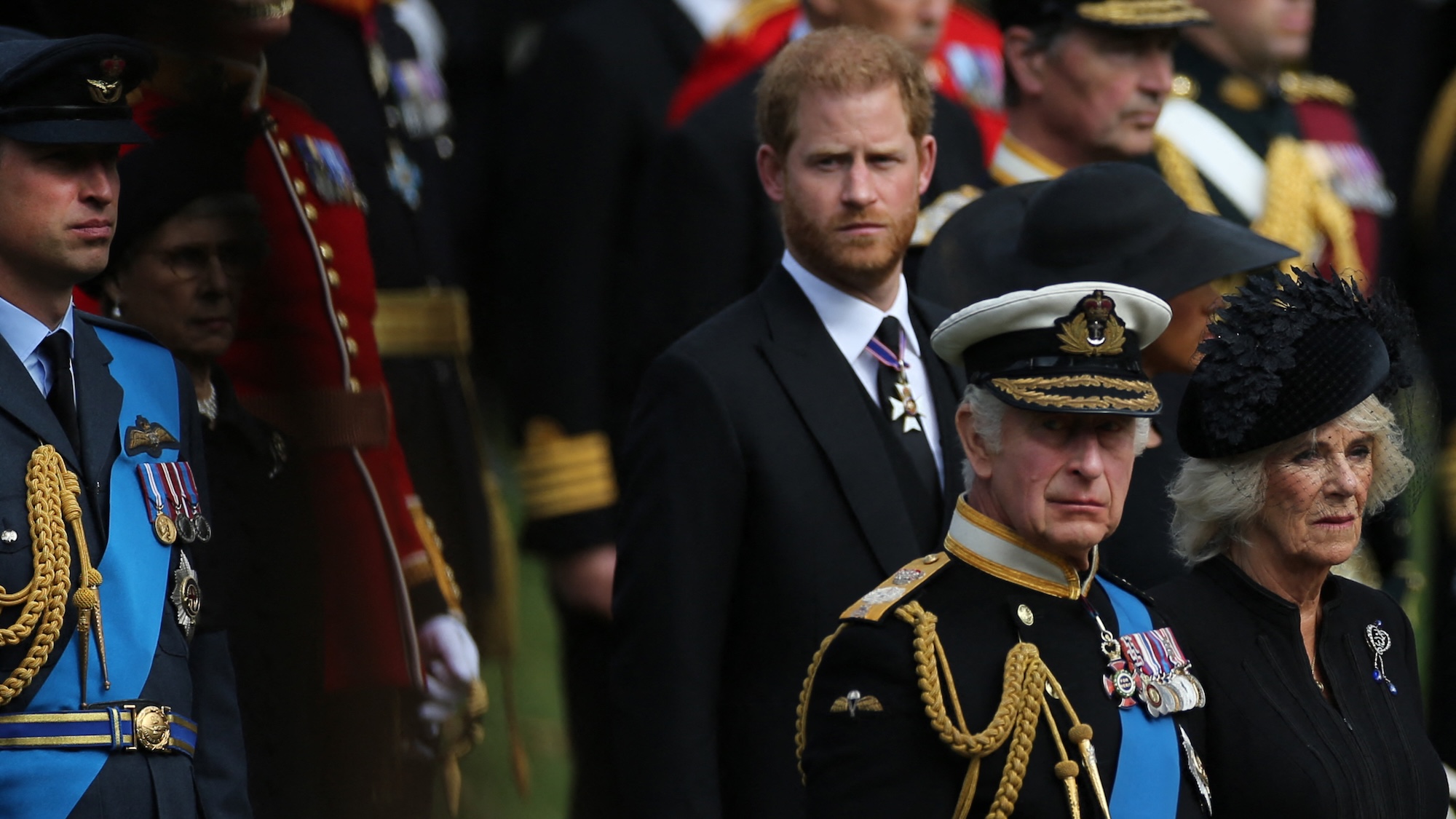 King Charles and Prince Harry: peace in our time?
King Charles and Prince Harry: peace in our time?Talking Point Leaked images of a secret meeting between royal aides suggest a dialogue is beginning to open up